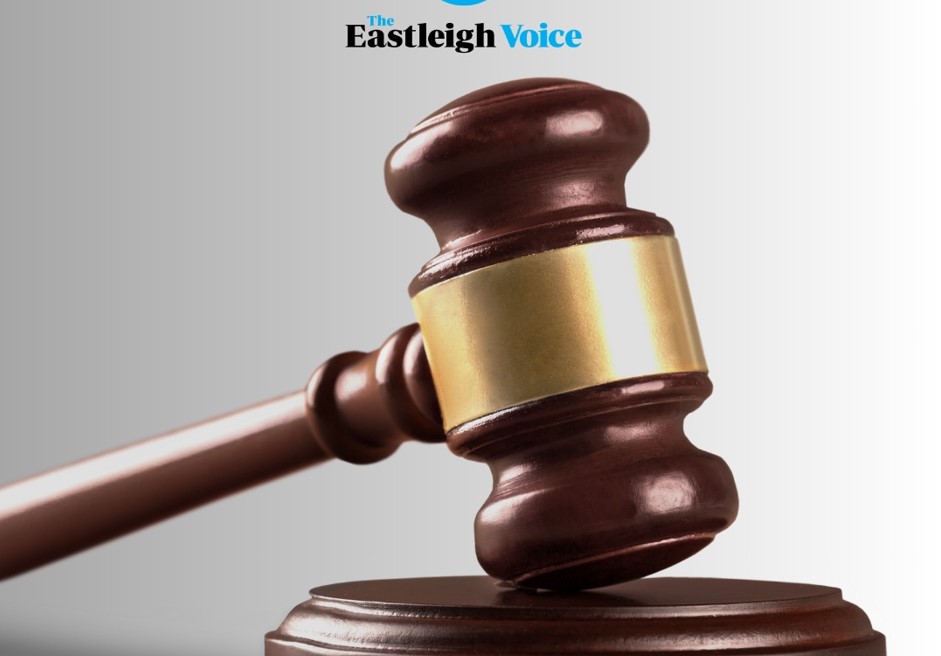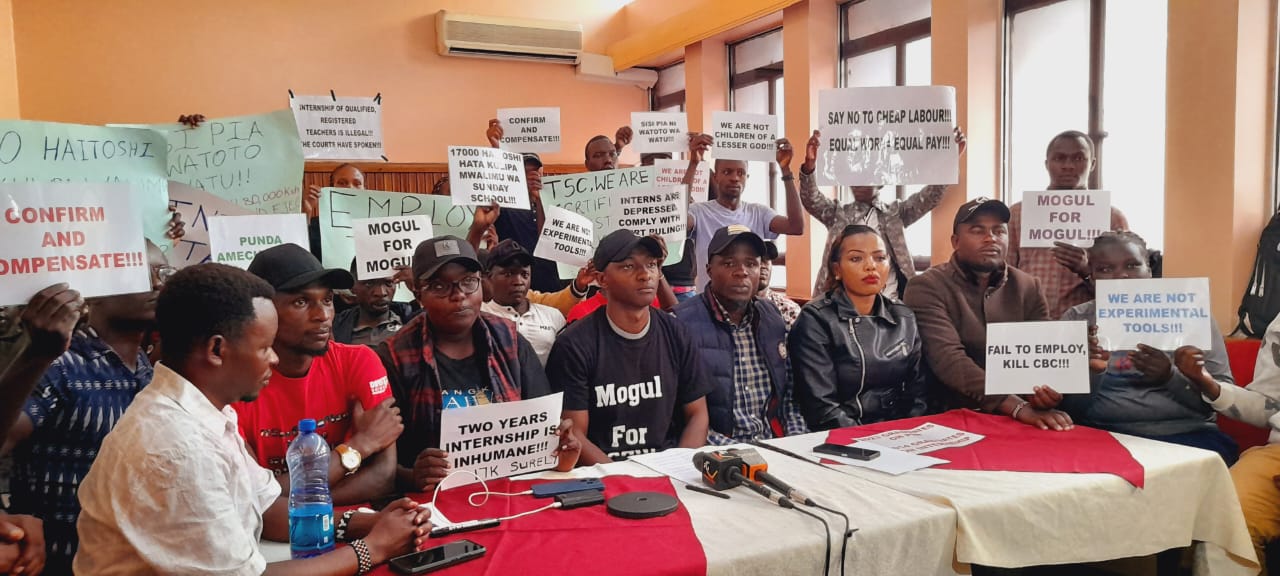Court rules forced religious adherence unconstitutional in case challenging Atheists' registration

The decision came as Justice Mugambi dismissed a petition filed by Dr. Stephen Ndicho, who challenged the registration of the Atheists in Kenya Society (AIK).
The High Court has ruled that compelling individuals to adhere to religious beliefs they do not support amounts to "theocratic tyranny," which is prohibited by the Constitution.
Justice Lawrence Mugambi stated that the Constitution guarantees freedom of belief and prohibits any form of coercion in religious matters, making it unconstitutional to impose religious ideologies on unwilling individuals.
More To Read
- Petition seeks to make Constitution mandatory school subject from primary to tertiary level
- Court halts Constitution Amendment Bill assent pending petition by Katiba Institute
- Senate denies plans to extend presidential term limit, create office of Prime Minister
- Explainer: Why defamation is a civil, not a criminal offence
- Executive undermining Parliament’s independence, says Kivutha Kibwana
- MPs seek public views as they fight to save CDF and other key funds
Citing Article 8 of the Constitution, which affirms that "there shall be no state religion," and Article 32(4), which prohibits compelling anyone to act against their beliefs or religion, the judge highlighted the importance of upholding the rights of all individuals, including atheists.
"Article 20(2) provides that every person shall enjoy the rights and fundamental freedoms in the Bill of Rights to the greatest possible extent consistent with the nature of the right or freedom," he said.
The decision came as Justice Mugambi dismissed a petition filed by Dr. Stephen Ndicho, who challenged the registration of the Atheists in Kenya Society (AIK).
Ndicho had argued that the society's registration violated the preamble of the Constitution, which acknowledges the existence of Almighty God, and undermined Kenya's cultural and religious values.
He also claimed that atheism fosters societal intolerance and could lead to hatred and violence.
Ndicho sought a declaration that the registration of AIK was unconstitutional and requested that its certificate of registration be revoked.
He alleged that the Registrar of Societies, the Deputy Registrar of Societies, and the Attorney General had violated the Constitution and other legal provisions by recognising AIK.
In response, AIK, represented by lawyer Richard Ngari, defended its registration, asserting that it complied with the Societies Act and other applicable laws.
Ngari argued that the petitioner had not demonstrated any breach of the legal process in AIK's registration or abuse of discretion by the Registrar of Societies.
He also stated that the Constitution’s preamble does not constitute substantive law and, therefore, could not be violated.
The Registrar of Societies and the Attorney General also maintained that AIK’s registration was lawful and noted that a prior court order had reinstated the society after a previous deregistration attempt.
Justice Mugambi dismissed the petition as lacking merit and ruled that each party would bear its costs.
The ruling reinforced the constitutional protection of freedom of belief and highlighted that no individual or group can be forced to conform to religious ideologies against their will.
Top Stories Today












































